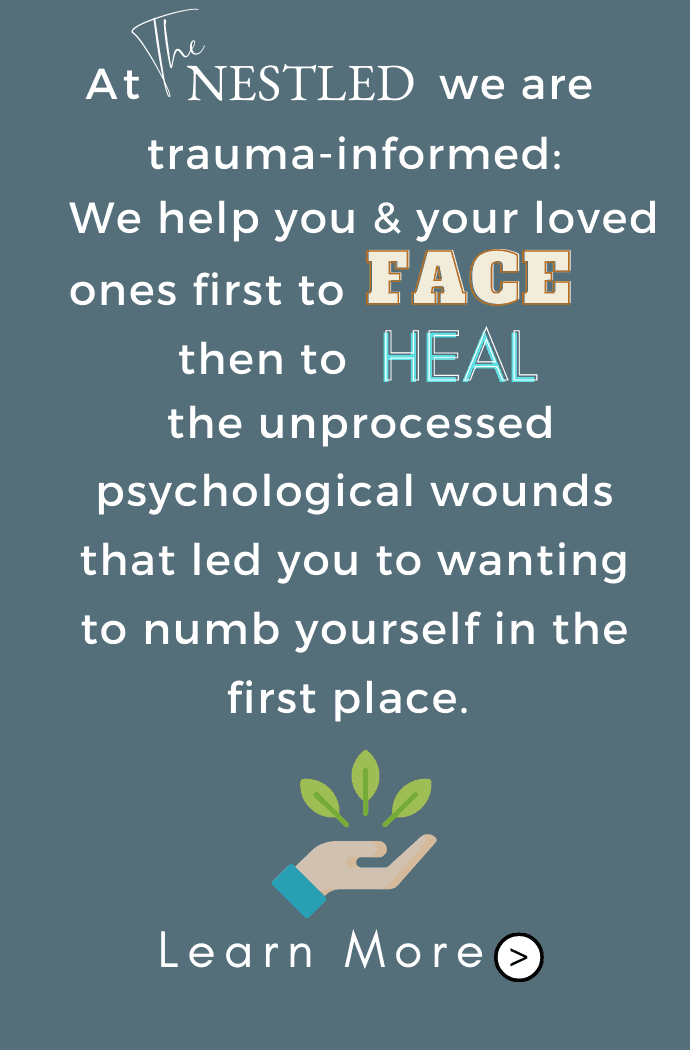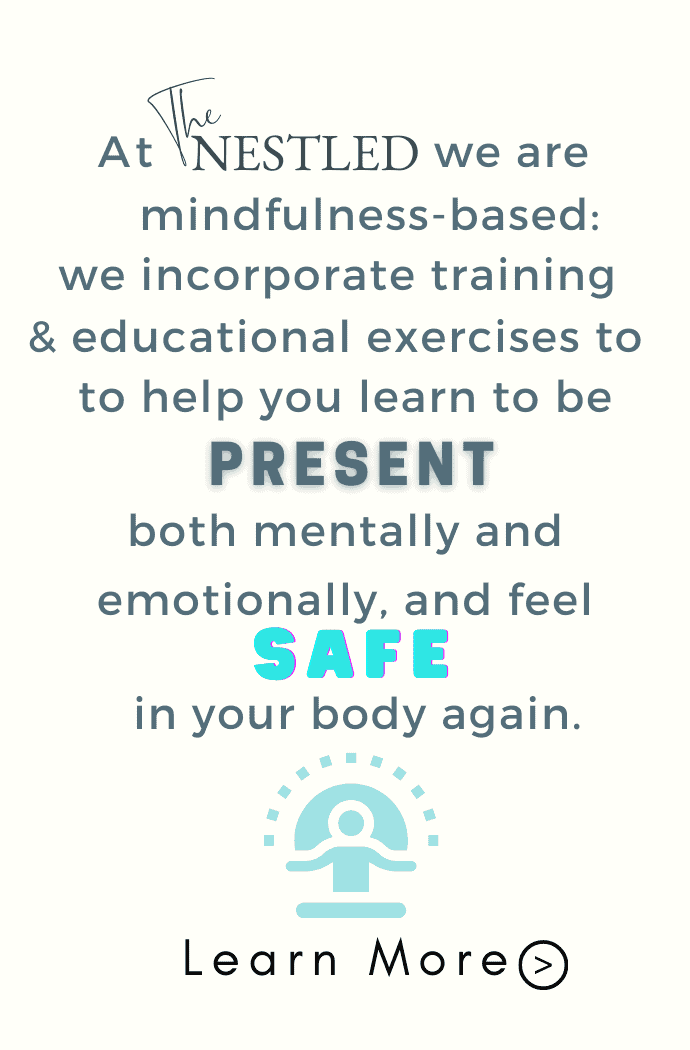At The Nestled, we believe that the involvement of loved ones in the recovery process is essential for the success of our patients. That is why every Saturday, we hold a “family day” where we invite family members and other loved ones to participate in educational workshops and learn more about our inpatient and outpatient facilities.
During these workshops, attendees will have the opportunity to learn about the disease model of addiction and how it affects both the individual struggling with addiction and those around them. They will also be educated on the importance of setting boundaries and the difference between enabling and rescuing behaviors. It is essential for loved ones to understand the role they play in the recovery process and how they can support their loved ones in a healthy and helpful manner.
Additionally, attendees will learn how to effectively communicate with their loved ones in a way that promotes recovery and healing. Substance misuse negatively affects relationships as well as self-esteem and identity as a result of the addiction process. Developing, reinforcing, or regaining a high level of connection with the people who are important to us while in recovery requires the use of nonviolent communication, especially when those relationships have been harmed by addiction. At The Nestled, we are committed to providing a supportive and nurturing environment for both our patients and their loved ones, and these workshops are an integral part of that commitment. We hope that through these educational opportunities, we can help families better understand and support their loved ones on their journey toward recovery.
What Is The Role Of Family In Addiction Recovery?
The role of family in addiction recovery is crucial. Family support can be a major factor in the success of a person’s recovery journey. Research has shown that individuals with a strong support system of friends and family are more likely to achieve and maintain long-term recovery from substance use disorders.
There are several ways in which family members can support their loved one in recovery:
- Provide emotional support: Being there for your loved one and offering them love, understanding, and encouragement can be incredibly helpful as they navigate the challenges of recovery.
- Set healthy boundaries: It is important for family members to establish and maintain healthy boundaries in order to protect their own well-being and avoid enabling their loved one’s substance use.
- Get educated: Learning about addiction and recovery can help family members better understand what their loved one is going through and how they can best support them.
- Participate in the recovery process: Family members can attend support group meetings or therapy sessions with their loved one to provide them with additional support and accountability.
- Take care of yourself: It is important for family members to prioritize their own well-being and seek out their own support, whether through therapy, support groups, or other self-care activities.
Harmful Family Dynamics in Active Addiction
At The Nestled Recovery Center, we understand the complex and often dysfunctional dynamics that can arise within a family impacted by substance abuse. In order to better support our patients and their loved ones, we have identified several common roles that family members may unknowingly adopt as they try to cope with the challenges of addiction. We are committed to helping our patients and their loved ones break free from these dynamics and build healthier, more supportive relationships.
Accountability During Addiction Treatment
Holding your loved one accountable during addiction treatment is an important aspect of supporting their recovery journey. While it is important to offer love and support, it is also necessary to set boundaries and hold your loved one accountable for their actions. This can help to ensure that they are taking their treatment seriously and working towards their recovery goals.
There are a few key ways that you can hold your loved one accountable during treatment:
- Set clear expectations and boundaries: Make it clear what you expect from your loved one during treatment and set boundaries to ensure that they are following through on their treatment commitments.
- Encourage responsibility: Encourage your loved one to take responsibility for their actions and their recovery journey. This may involve reminding them of their treatment goals and the importance of staying committed to their recovery.
- Offer support: While holding your loved one accountable, it is important to also offer love and support. This can help to create a positive and supportive environment that encourages your loved one to succeed in their treatment.
Overall, holding your loved one accountable during treatment is an important part of supporting their recovery journey. By setting clear expectations, encouraging responsibility, and offering support, you can help your loved one stay committed to their treatment and work towards lasting recovery.

-
How can I support my loved one during their recovery journey?
There are many ways you can support your loved one during their recovery journey. Some options include providing emotional support, setting healthy boundaries, attending support group meetings or therapy sessions with them, and taking care of your own well-being.
-
What if my loved one is resistant to getting help for their addiction?
It can be frustrating and difficult to watch a loved one struggle with addiction, especially if they are resistant to getting help. In this situation, it is important to remember that recovery is a process and that it is ultimately up to the individual to make the decision to seek help. You can try to gently encourage your loved one to seek treatment, but ultimately it is important to respect their autonomy and let them make their own decisions.
-
How can I set healthy boundaries with my loved one in recovery?
Setting healthy boundaries is an important part of supporting your loved one in recovery. This may involve setting limits on your availability, not enabling their substance use, and setting clear expectations for their behavior. It is important to communicate these boundaries clearly and consistently, and to be firm but compassionate in enforcing them.
-
How can I take care of myself while supporting my loved one in recovery?
Caring for a loved one in recovery can be emotionally and physically draining. It is important to prioritize your own well-being and make time for self-care. This may involve activities such as exercise, relaxation techniques, or seeking support from a therapist or support group.
-
How can I get involved in my loved one's recovery process?
There are many ways you can get involved in your loved one’s recovery process. Some options may include attending support group meetings or therapy sessions with them, participating in educational workshops or classes, and being an active and supportive presence in their recovery journey. It is important to communicate with your loved one about their needs and preferences and to respect their autonomy in their recovery process.

Resources on Family Education For Addiction:
- SAMHSA – Substance Abuse Treatment and Family Therapy: https://www.ncbi.nlm.nih.gov/books/NBK64269/
- Al-Anon Family Groups: https://al-anon.org/







